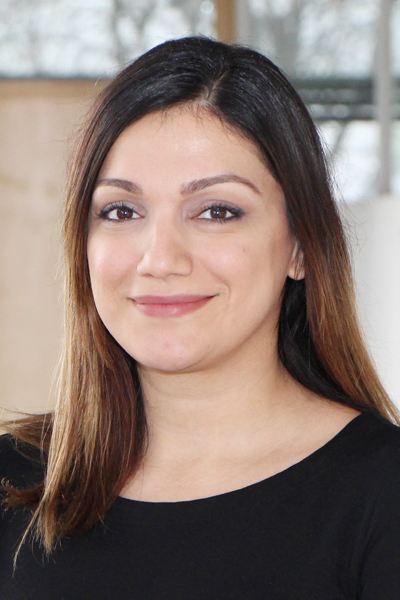Tu, 21. June 2022 → Sie sind jung und Professorinnen an der Fakultät Maschinenbau und Werkstofftechnik der Hochschule Aalen: Prof. Dr. Doris Aschenbrenner, Prof. Dr. Miranda Fateri, Prof. Dr. Iman Taha und Prof. Dr. Katharina Weber. Sie sind leuchtende Beispiele dafür, dass Frauen in der Technik richtig viel bewegen können. Die Professorinnen aus der Robotik, der Kunststofftechnik, der Digitalisierung in der Produktion und den Materialwissenschaften geben ihre Erfahrungen weiter und machen jungen Frauen Mut, die mit diesen Fachrichtungen liebäugeln. Und beim Studieninfotag der Hochschule am Donnerstag, 23. Juni 2022, können sich Studieninteressierte ab 15 Uhr auf dem Campus rund um die Studiengänge der Fakultät Maschinenbau und Werkstofftechnik informieren.

